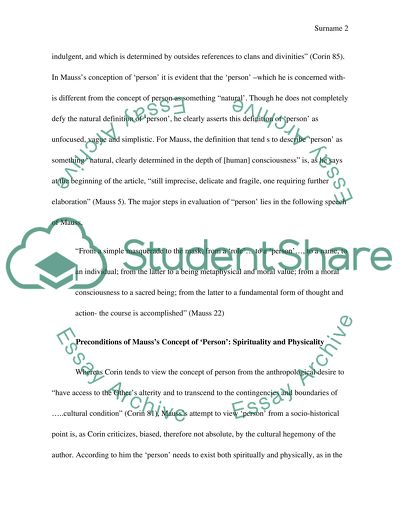Cite this document
(Mausss Evolutionary Concept of Person and the Cultural Hegemony Literature review, n.d.)
Mausss Evolutionary Concept of Person and the Cultural Hegemony Literature review. Retrieved from https://studentshare.org/psychology/1558791-mauss-corin-and-freud
Mausss Evolutionary Concept of Person and the Cultural Hegemony Literature review. Retrieved from https://studentshare.org/psychology/1558791-mauss-corin-and-freud
(Mausss Evolutionary Concept of Person and the Cultural Hegemony Literature Review)
Mausss Evolutionary Concept of Person and the Cultural Hegemony Literature Review. https://studentshare.org/psychology/1558791-mauss-corin-and-freud.
Mausss Evolutionary Concept of Person and the Cultural Hegemony Literature Review. https://studentshare.org/psychology/1558791-mauss-corin-and-freud.
“Mausss Evolutionary Concept of Person and the Cultural Hegemony Literature Review”, n.d. https://studentshare.org/psychology/1558791-mauss-corin-and-freud.


